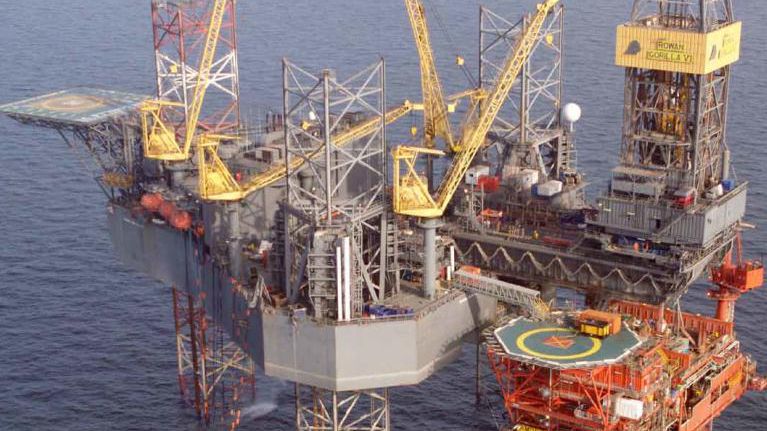-
Tips for becoming a good boxer - November 6, 2020
-
7 expert tips for making your hens night a memorable one - November 6, 2020
-
5 reasons to host your Christmas party on a cruise boat - November 6, 2020
-
What to do when you’re charged with a crime - November 6, 2020
-
Should you get one or multiple dogs? Here’s all you need to know - November 3, 2020
-
A Guide: How to Build Your Very Own Magic Mirror - February 14, 2019
-
Our Top Inspirational Baseball Stars - November 24, 2018
-
Five Tech Tools That Will Help You Turn Your Blog into a Business - November 24, 2018
-
How to Indulge on Vacation without Expanding Your Waist - November 9, 2018
-
5 Strategies for Businesses to Appeal to Today’s Increasingly Mobile-Crazed Customers - November 9, 2018
Cuts to oil and gas tax ‘step in right direction’
The reduction in the Petroleum Revenue Tax is a triumph for the industry, as Richard Cockburn, Energy Partner at Bond Dickinson said: “The effective abolition of Petroleum Revenue Tax has always been called for by the industry and will be welcomed widely”.
Advertisement
Against the back-drop of the lowest crude oil prices for a generation, the government has made a decision to back-date the new changes to the start of 2016. “We will continue to work with the Treasury to complete its “Driving Investment” plan to ensure that the fiscal regime reflects the business needs of a maturing basin and signals to global investors that the United Kingdom is truly open for business”. “The tax changes announced in [the] Budget compliment the sector’s own efforts to secure an enduring industry”.
The petroleum revenue tax will be effectively removed, by permanently reducing the rate from 35% to 0% with effect retroactive to the first of January.
Ministers estimate there are between 11 and 21 billion barrels of oil equivalent left to recover in the North Sea.
Osborne said the two measures would support “this key Scottish industry and “jobs right across Britain”.
“What we needed to see from the Chancellor today was support to make sure that essential infrastructure such as platforms and pipelines are not decommissioned early”.
According to a new HMRC brief, “The cuts to headline tax rates will simplify the tax regime for investors, and level the playing field between investment opportunities in older fields and infrastructure and new developments”.
Oil and gas spokespeople have indicated that these measures will provide a welcome relief for companies who have been most affected by the downturn.
EnQuest Plc, an oil producer focused on the North Sea, gained the most in more than a year in London trading after boosting output and cutting costs.
Liz Cameron, chief executive of Scottish Chambers of Commerce, said the tax cuts are “a necessary response to the current crisis in the North Sea and a welcome relief”.
Advertisement
The Petroleum Revenue Tax is a tax on the profits from oil and gas production from fields that were approved before March 1993.





























